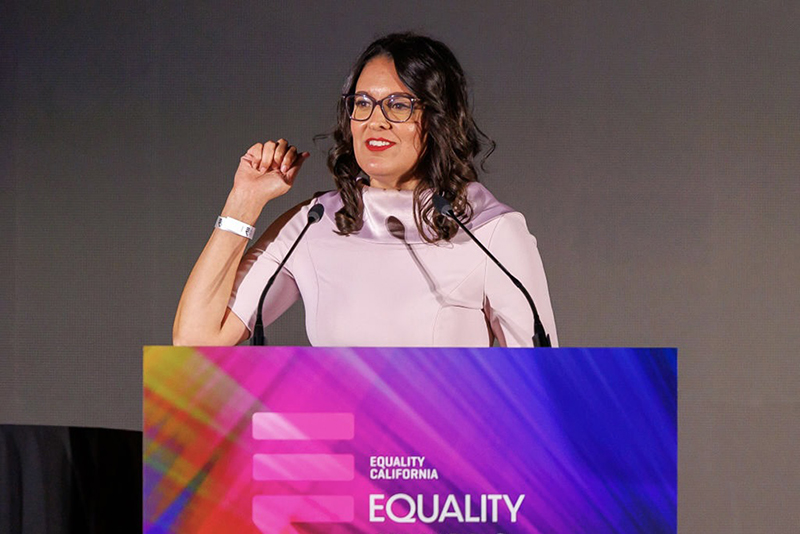The reintroduction of a California bill this year aims to allow certain government boards, commissions, and advisory bodies to conduct their meetings online. Supporters argue that this measure will enhance public participation, while opponents fear that it may lead officials to evade accountability.
Assembly Bill 817, presented by Assemblywoman Blanca Pacheco, proposes granting non-decision-making legislative bodies the ability to meet virtually with minimal constraints. Ms. Pacheco emphasized the importance of addressing barriers to entry to achieve diverse participation and representation in civic leadership.
Although the bill did not pass the Senate Local Government Committee on June 5, it has been granted reconsideration. The rise of teleconferencing in California has been notable since the COVID-19 pandemic prompted the relaxation of meeting restrictions.
In 2021, Governor Gavin Newsom signed AB 361, enabling local agencies to utilize teleconferencing without specifying a physical meeting location during state-declared emergencies. Additionally, AB 2449, authored by Assemblywoman Blanca Rubio in 2022, offered more flexibility for members of legislative bodies to attend meetings virtually under certain circumstances.
If approved, AB 817 would expire on Jan. 1, 2026, along with AB 2449 unless extended. However, concerns have been raised by lawmakers regarding the potential implications of granting subsidiary bodies the freedom to convene meetings remotely without justification.
Opponents of the bill argue that it could diminish accountability by distancing officials from the community during remote meetings. The First Amendment Coalition expressed concerns about the impact on public access and the trade-off between officials avoiding in-person appearances and the public’s right to a livestream.
Supporters, such as the League of California Cities, believe that the bill would address challenges faced by advisory boards and commissions in recruiting and retaining volunteers. They highlight how remote meetings during the pandemic increased public participation and accessibility.
While amendments are proposed to require an in-person location for public comment during remote meetings and ensure the presence of at least one legislative body member, opposition comes from various organizations, including the California News Publishers Association and the Howard Jarvis Taxpayers Association.
On the other hand, several government agencies, such as the Orange County Water District and the Los Angeles County Metropolitan Transportation Authority, endorse the bill. The debate over AB 817 continues, with its impact on public participation and governmental accountability at the forefront of discussions.
Please rewrite this sentence.
Source link





